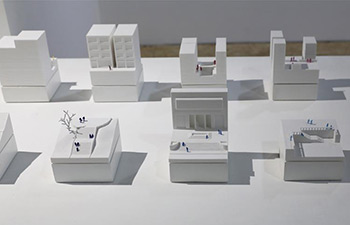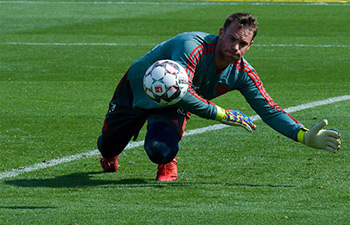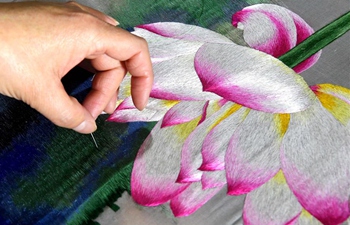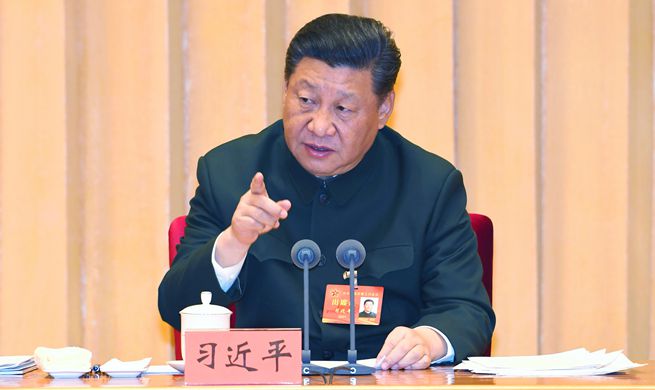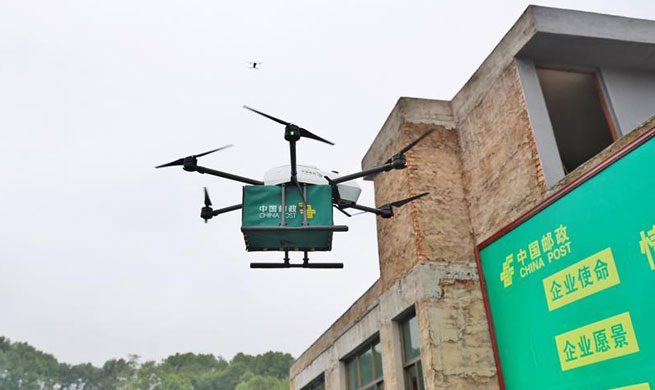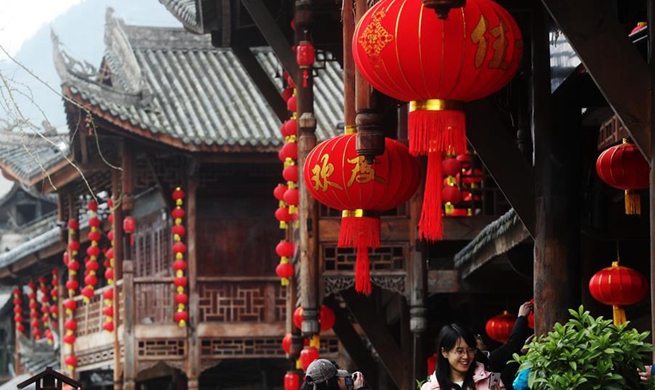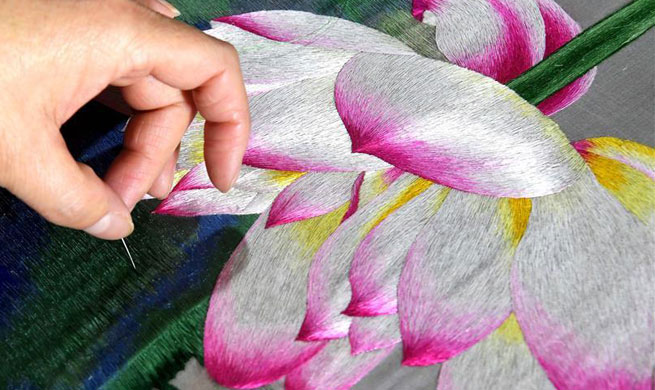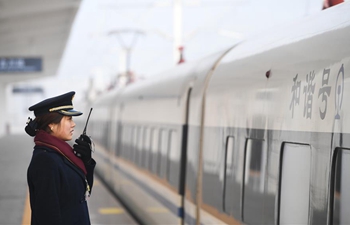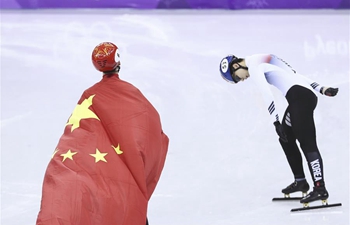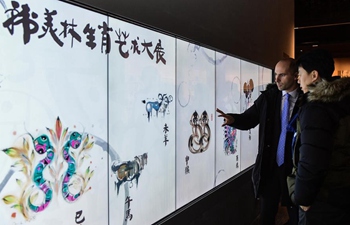BANDAR SERI BEGAWAN, Jan. 7 (Xinhua) -- More stringent requirements for bank loans and lack of demand are bringing down prices of residential properties in Brunei, said players in the industry.
According to a recent report by Autoriti Monetari Brunei Darussalam (AMBD), the sultanate's Residential Property Price Index (RPPI) for the third quarter of 2018 decreased 5.7 percent year-on-year to 85.5. On a quarter by quarter basis, it went down 5.7 percent from the second quarter of 2018.
AMBD also said the median purchase price for all residential properties in the quarter was 250,000 Brunei dollars (183,000 U.S. dollars). The index assesses real estate market conditions and tracks changes in the average price level of residential properties in all four districts of Brunei.
"There are many variables in determining the cost of a house. Some houses are smaller, some have better location and some are built better than others. But it is true that people are spending less for houses now," said Rick Chin, the owner of a construction firm in Brunei.
He noted that getting loan approvals for big ticket items has become harder, discouraging buyers of residences.
"I think the biggest issue here is that it is harder to get loans approved for larger sums of money nowadays. It is easier to get a loan for 200,000 Brunei dollars than 300,000 Brunei dollars so people will settle for a house that costs 200,000 Brunei dollars," he said.
He added that there has also been a change in the mindset of house buyers in recent years.
"People are more open to getting smaller houses as compared to before. In the past they want a two-story house with five to six rooms. Now they are willing to pay less to get a single story house with just two to three rooms."
Chin believed that the market will struggle to improve unless something drastic happens.
"Brunei's population is quite limited. There are only so many new house buyers around and many Bruneians are hoping to get housing from the government," he said.
Brunei boasts a public housing scheme that is heavily subsidized by the government mainly through oil and gas revenues.
The National Housing Program is accessible to all Bruneians regardless of race while the Landless Indigenous Citizen Scheme is exclusively for indigenous Brunei Malays.
A contractor who opted for anonymity said the Brunei property market is currently facing a downward spiral from a glut in properties.
"Right now there is an oversupply in residential homes, apartments and commercial spaces, hence the drop in property prices on new developments," he said.
The 32-year-old went on to say that tighter bank approvals are also depressing property sales on consumers' weakened spending power.
Investments made in other countries also do not help the local property market, he added. "Bruneians are also interested in more attractive investments outside of the Brunei property market. They are looking at the foreign property market which comes at a lower cost and higher returns ... places like in the Philippines, Vietnam, Myanmar, Thailand, Laos."
Hafiz Mazlee, 28, said buying a house in Brunei right now is not something that everyone can afford.
"I just got married a year ago so that took a lot of my savings. My wife and I are interested in owning our own house but we do not have the funds to get one. We were looking at a budget of 200,000 Brunei dollars but then realized it would cost a lot more to get it furnished. After talking to the banks and everything, we decided to put our plans on hold," he said.
Hafiz currently lives with his wife at his mother-in-law's house.
"I want to apply for government housing but I haven't done it yet. We are also talking with contractors to see if it is more viable to build a house at my father's land but even a simple single story house would cost us close to 100,000 Brunei dollars," he said.




